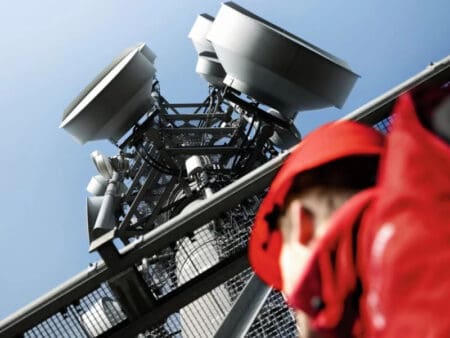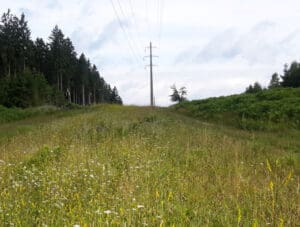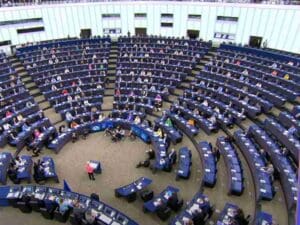
Vodafone has been selected by the Data Communications Company (DCC) to provide 4G connectivity for Britain’s smart meter network.
The agreement between Vodafone and the DCC is for up to 15 years to build and operate 4G managed IoT connectivity for the smart meter network.
The IoT connectivity will use Vodafone’s 4G network. With 4G reaching more the 99% of the country’s population, the ambition is for more homes and small businesses to be able to switch to a smart meter.
“The smart meter network is a key part of the nation’s journey to reach net zero carbon emissions by 2050. Even though there is still a long life and more capacity in the technology we are using today, we need to continuously look towards how our technology is fit for the future,” commented Angus Flett, CEO of the DCC.
Have you read?
GB smart meters save an estimated 1Mt of carbon annually finds DCC
Smart meters and data enablers of the energy transition – Landis+Gyr CEO
“4G is a natural next step for our connectivity and is just one of a number of technical improvements the DCC is developing.”
A key consideration underlying the future connectivity considerations is the planned withdrawal by mobile operators of 2G and 3G in Britain by 2033, while 5G is not yet offered – and is unlikely to be for some years – with the almost universal coverage of 4G that the DCC’s service obligations require.
Currently, the DCC’s latest data indicates more than 16.6 million homes, more than half, are connected to the network, with numbers increasing by an average a little over 15,000 daily.
The full smart meter rollout is targeted for the end of 2025.
Vodafone will provide the 4G LTE network, with connectivity management delivered by its IoT platform, supported by IT and business consulting services firm CGI, which will be responsible for software development.
This new ‘wide area network’ will connect the DCC’s servers with the LTE communication hubs in the homes, which in turn connect to the gas and electricity smart meters.
With this approach, only the hubs and not the smart meters themselves need to be replaced with the 4G LTE hubs.
In a November 2022 posting, DCC Chief Technology Officer Mike Hewitt reported that a 4G hub was in development and that mass deployment would follow once it has been proven.
The go-live of the 4G service is slated for December 2024, when energy suppliers should be able to start testing and verification with a small number, up to about 9,000 hubs.
The mass rollout is then projected to start in July 2025, with suppliers able to determine their individual paces for their 4G transition.








